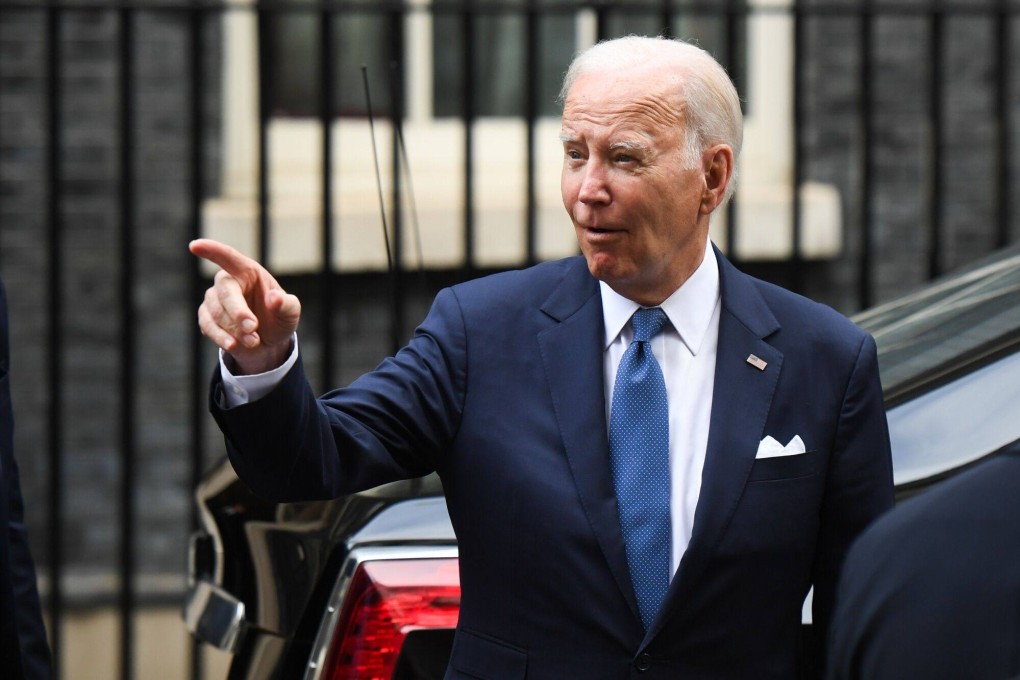Advertisement
Letters | With cluster bombs, American exceptionalism shows its true colours
- Readers discuss the United States’ decision to supply cluster munitions to Ukraine, and fire safety concerns about electric vehicles in a crowded city like Hong Kong
Reading Time:3 minutes
Why you can trust SCMP
60

Feel strongly about these letters, or any other aspects of the news? Share your views by emailing us your Letter to the Editor at letters@scmp.com or filling in this Google form. Submissions should not exceed 400 words, and must include your full name and address, plus a phone number for verification.
On July 7, the United States shocked the world by announcing that it would supply cluster munitions to Ukraine. President Joe Biden justified this “difficult decision” by saying, “The Ukrainians are running out of ammunition.”
Cluster munitions carry bomblets that can be scattered over a wide area and bring many casualties. However, as the bomblets might not explode upon release, they have been known to wound or kill unintended targets, such as civilians, even years after a conflict. Hence, more than 100 states have signed the Convention on Cluster Munitions to outlaw the weapons.
Unsurprisingly, the US, which has used cluster munitions extensively – in Cambodia, Laos, Vietnam, Grenada, Lebanon, Libya, Iran, Iraq, Kuwait, Bosnia, Serbia, Kosovo and Afghanistan, according to Human Rights Watch – has not signed the convention.
The world has been suffering since the Russo-Ukrainian armed conflict. Energy supplies to European countries have been disrupted, leading to a surge in energy prices. Grain supplies from Ukraine, a major exporter, have been limited, adding to the risk of food insecurity in Africa, Asia and the Middle East. Millions of Ukrainians have fled to neighbouring countries, not to mention the tens of thousands estimated to have been wounded or killed in combat.
More than a year into the conflict, what the global community needs is a diplomatic road map to peace.
Advertisement